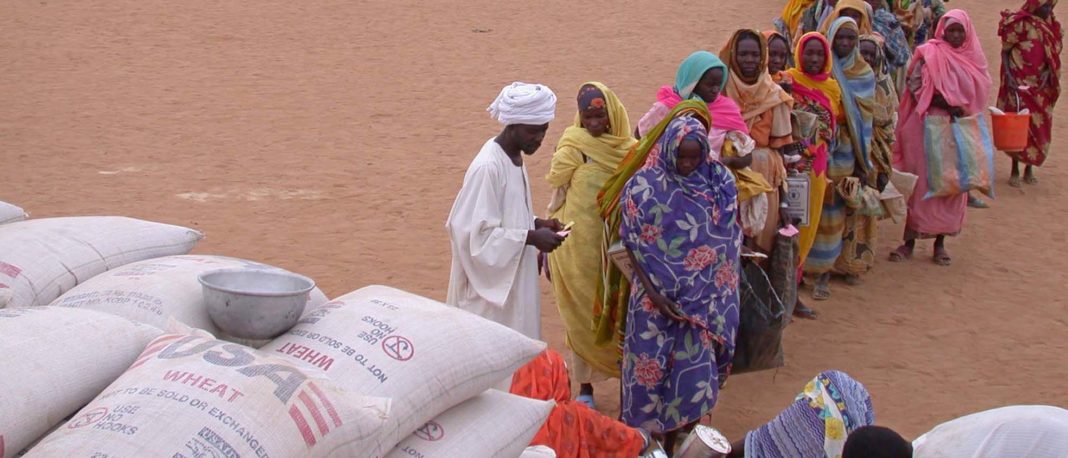Food and Agriculture Organisation (FAO) of the United Nations and parliamentarians from eastern Africa, together with Intergovernmental Authority on Development (IGAD) and East African Community (EAC) have called for robust legislative frameworks and increased funding to intensify the fight against hunger and malnutrition in the sub region. Acknowledging the need for specific legal and policy measures to ensure zero hunger, lawmakers noted the criticality of concerted, decisive and urgent actions.
Speaking at a meeting organized by FAO to develop a framework to operationalize a sub-regional Parliamentary Alliance for food and nutrition security, David Phiri, FAO Sub regional Coordinator for Eastern Africa noted with concern the increasing trend of global hunger.
“As we are having this meeting, the world is facing a food and nutrition crisis. Global hunger is on the rise with 821 million people going to bed hungry every night,” he said. Phiri emphasized the critical role played by parliamentarians in advancing good food and nutrition. He appreciated their role in enacting laws, monitoring their enforcement, influencing national budget allocation holding governments accountable for policy implementation and commitments made among others.
The role of parliamentarians in the fight against hunger and malnutrition has been gaining traction globally with 160 parliamentarians from 80 countries recently gathering in Madrid on 29 and 30 October 2018. They issued a clarion call for action to achieve zero hunger and ensure the right to adequate food for all.
Walking the talk, focus on implementation
Abdi Aden Jama representing IGAD Executive Secretary at the meeting sighted non-compliance with agreed policies and protocols. At the African Union Summit in Malabo (June 2014), Heads of State and Government adopted several concrete agricultural actions. One of this was to uphold the commitment to allocate at least 10 percent of public expenditure to agriculture, Abdi Jama noted that very few countries had reached this target. “It is not that we do not know what is supposed to be done, but somehow it is not being done,” he said.
Partnerships crucial for a sub-regional parliamentary platform
Good food and nutrition require the right mechanisms and technologies supported by good policies and investment plans. When the relevant frameworks are anchored in good laws, they are more effective for fostering sustainable improvement in food security and nutrition outcomes.
FAO has been building a strategic partnership with parliamentarians in Eastern Africa to support the establishment of a Parliamentary Alliance for Food Security and Nutrition. Crucial its success will be strengthening partnership and coordination with both EAC and IGAD to achieve a holistic geopolitical balance to end hunger and malnutrition in the sub region.
In the outcome document from the first Eastern Africa parliamentarian dialogue on food security and nutrition (Kigali 2017), parliamentarians from the six participating countries, committed to work within existing national and regional frameworks to promote food and nutrition security. They agreed on key actions, among other to establish national and regional alliances. This assembly is a follow-up to the Kigali meeting and parliamentarians have drafted terms of reference of the proposed alliance and also extended the membership to all countries in eastern Africa.
The Chairperson for Agriculture, Tourism and National Resources Committee at the East African Legislative Assembly (EALA), Mathias Kasamba stressed the need to operationalize a regional alliance. He thanked FAO for its leadership in this regard. “Thank you for this important wake-up call. We want to commend you and work with you to serve our people,” said Kasamba.
He further stressed the need for lawmakers to prioritize food and nutrition issues. “The first problem to solve when you join parliament is to make sure that your people are not going to bed hungry,” he said.
The meeting was attended by legislators from Djibouti, Kenya, Somalia, South Sudan, Tanzania and Uganda. Representatives from IGAD and the EALA also participated.





